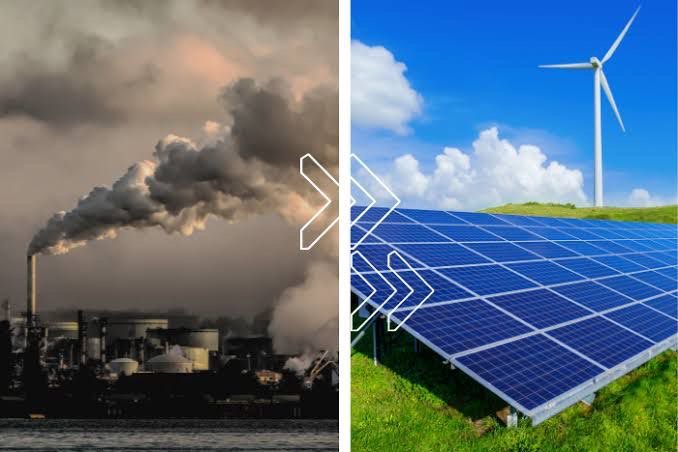By: Aris Munandar S.Sos (Master of Islamic Politics Students)

The Arab League is at a turning point in the history of Arab civilization and the world. Founded as a regional organization focused on geopolitical issues and the solidarity of Arab nations, the Arab League is now beginning to carve out a new role on the global stage: as an important actor in the energy transition and climate diplomacy. The climate crisis has become an undeniable reality. In many Arab countries, we are witnessing extreme temperatures, prolonged droughts, desertification, and increasing pressure on water and food resources. But behind these challenges, there is a strategic opportunity that has not been fully exploited: the enormous potential of clean energy, whether from sunlight, wind, or geothermal.
For decades, countries such as Saudi Arabia, the United Arab Emirates (UAE), Iraq, and Kuwait have been known as the main backers of the global fossil energy market. Dependence on oil and natural gas has shaped the economic and political structure of the region. But now, global pressures on decarbonization and energy market uncertainty are driving strategic transformation. Morocco has taken a monumental initial step through the Noor Ouarzazate Solar Complex project, one of the largest solar power plants in the world. The UAE is building the Al Dhafra Solar Park project with a capacity of 2 gigawatts, while Saudi Arabia is starting to develop the futuristic city NEOM, which is designed to be net-zero emissions and relies on clean energy resources. These projects are not just symbols of transformation, but signals that the Arab world is beginning to seriously build a post-fossil future.
This change in orientation is also seen in the active role of Arab League countries in international forums. In the COP28 Conference of the Parties held in Dubai, the UAE came out as a host who not only facilitated dialogue, but also led the narrative. Arab countries raised the issue of just energy transition and pushed for a more inclusive global agenda for developing countries. The women’s delegation from Tunisia, Jordan, and Algeria brought a new perspective: that climate adaptation must prioritize vulnerable communities and strengthen social resilience from below. Initiatives such as Global South-Led Innovation and strengthening climate finance for developing countries are part of the Arab League’s new climate diplomacy strategy.
Nevertheless, the gap between member states is still a serious obstacle. On the one hand, the Gulf states have the technological and financial capacity to lead the transition. On the other hand, countries like Yemen, Sudan, Syria, and Lebanon are mired in conflict, economic crises, and the absence of energy infrastructure. This shows that the success of the energy transition depends not only on natural resources, but also on political stability and regional solidarity. Therefore, it is important for the Arab League to form a regional energy alliance that connects technology-rich countries with countries in need of financial and technical support. Ideas such as the establishment of the Arab Green Fund could be the answer to this inequality.
Strategic steps that the Arab League can take include the establishment of the Arab Energy Transition Alliance as a collective platform for cross-border investment, technology transfer, and the development of regional clean energy standards. Higher education in the Arab world needs to be geared towards producing a new generation of renewable energy engineers and innovators. An approach based on Islamic spirituality can also be optimized, for example through energy waqf: utilizing religious funds to build renewable energy facilities in schools, hospitals, and remote villages. This innovation not only expands access to energy, but also strengthens the dimension of social justice in green development.
The Arab League’s climate diplomacy needs to be framed as a form of global moral responsibility. In Islamic treasures, protecting the environment is part of the mandate of the caliph fil ardh human beings as guardians of the earth. Thus, the energy transition is not only a technocratic issue, but part of an ecological jihad that involves ethical, spiritual, and social solidarity dimensions. The Arab League must be able to speak with one voice in international forums such as COP, G77, and G20, bringing with it real projects, collective initiatives, and new narratives based on Islamic values and global justice.
The world is now moving towards the era of clean energy. But the change will not be even if strategic regions such as the Arab world are not actively involved and their leadership is not recognized. The Arab League had all the requirements to be a pioneer: abundant sunshine, natural wealth, technological advances, and a growing collective spirit. What is needed now is a long-term political vision, cross-border collaboration, and the courage to act.
In this crisis, the world is waiting to see whether the Arab League will remain a follower of change, or rather be a pioneer in shaping a new order of global development that is green, just, and inclusive. Because the future will not be determined by who is the strongest, but by who is the most prepared and caring.